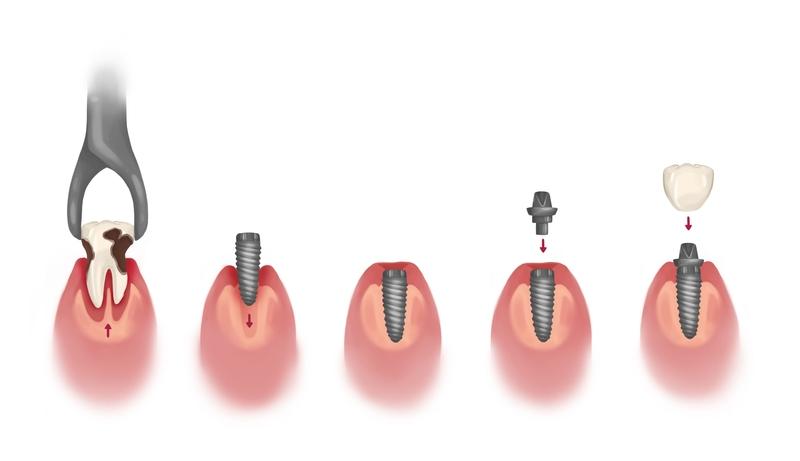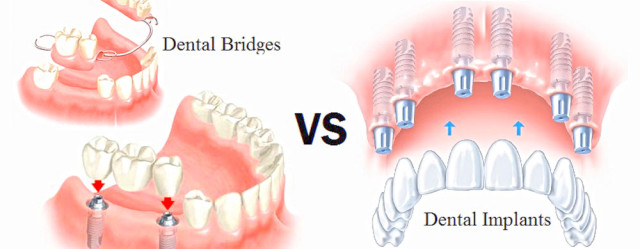Dental Implants vs Dentures: Which is Right for You?
Understanding Dental Implants
Dental implants are artificial tooth roots that are surgically implanted into the jawbone to support a replacement tooth. The implant is made of titanium and fuses with the jawbone over time, creating a strong foundation for the replacement tooth.

Advantages of Dental Implants
- Long-lasting: Dental implants are designed to last a lifetime with proper care and maintenance.
- Natural-looking: Implants look and feel like natural teeth, which can boost confidence and self-esteem.
- Comfortable: Implants are permanently fixed to the jawbone and do not shift or move around like dentures.
- Disadvantages of Dental Implants
- Expensive: Dental implants can be costly and are not always covered by insurance. But dental tourism in Turkey can be an affordable option
- Lengthy process: The implant process can take several months and involves multiple appointments with the dentist.
- Surgery: Implant placement requires surgery, which can be daunting for some people.
Understanding Dentures
Dentures are removable prosthetic devices that are used to replace missing teeth. They come in two types: complete dentures, which replace all teeth in the upper or lower jaw, and partial dentures, which replace one or more missing teeth.
Advantages of Dentures
- Affordable: Dentures are often less expensive than dental implants.
- Non-invasive: Dentures do not require surgery and can be easily adjusted or repaired if needed.
- Quick process: Dentures can be made in a relatively short amount of time and do not require multiple appointments.
- Disadvantages of Dentures
- Maintenance: Dentures require regular cleaning and maintenance, which can be time-consuming.
- Slippage: Dentures can slip or move around, causing discomfort or embarrassment.
- Durability: Dentures may need to be replaced every 5-10 years.
- Which is Right for You?
The decision between dental implants and dentures ultimately depends on your individual needs and preferences. Consider the following factors when making your decision:
- Budget: Dental implants are often more expensive than dentures.
- Oral health: Dental implants require a healthy jawbone and gums, while dentures can be used with or without natural teeth.
- Lifestyle: If you lead an active lifestyle and enjoy sports or physical activity, dental implants may be a better option.
- Personal preference: Some people prefer the permanent, natural-looking solution of dental implants, while others prefer the convenience and affordability of dentures.
- Conclusion
- Dental implants and dentures are both effective solutions for restoring missing teeth. While each option has its pros and cons, the decision ultimately comes down to the individual's needs and preferences. Talk to your dentist to determine which option is right for you.
FAQs
Are dental implants painful?
The implant procedure is typically done under local anaesthesia, so patients should not feel any pain. However, some discomfort and soreness may occur during the healing process.
How long do dentures last?
Dentures typically last 5-10 years before needing to be replaced.
Can I eat normally with dentures?
Yes, but getting used to eating with dentures may take some time. Start with soft foods and gradually work your way up to harder foods.
Can dental implants be rejected by the body?
While rare, it is possible for the body to reject a dental implant
Can dentures cause bad breath?
Dentures can trap bacteria and food particles, leading to bad breath if not properly cleaned and maintained. Regular cleaning and dental check-ups can help prevent bad breath.In summary, dental implants and dentures both offer solutions for missing teeth, but the decision ultimately depends on individual preferences, oral health, lifestyle, and budget. Consulting with a dentist can help determine the best option for restoring your smile and overall oral health. Remember to practice good oral hygiene habits, no matter which option you choose, to maintain a healthy and confident smile.

